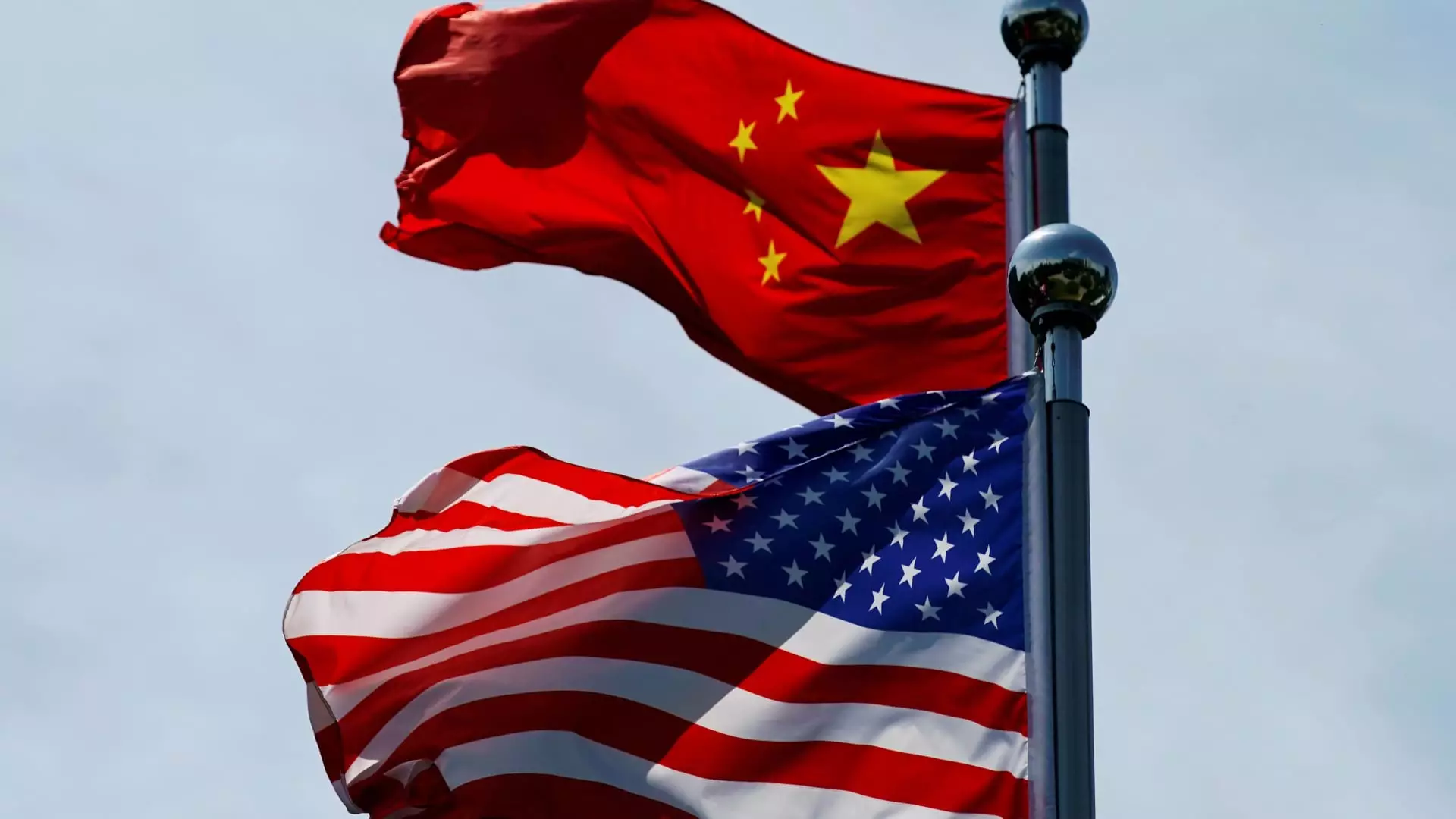The global economy has found itself in a precarious position recently due to China’s tightening grip on rare earth exports. These minerals are pivotal for a broad spectrum of industries, from automotive to advanced electronics, and recent restrictions threaten to disrupt production on an alarming scale. Businesses reliant on these critical materials reported that current supplies could dwindle to nothing within months if these bottlenecks are not resolved. It’s not just a matter of inconvenience; factories in the West are hovering on the brink of going dark, and the repercussions on the global supply chain could be devastating.
The crisis is not isolated to American companies; European firms are already feeling the brunt of these restrictions. With reports surfaced that some manufacturers are unable to secure the necessary export licenses, production lines have begun to stall, and the ripple effects could soon affect consumers worldwide. This situation calls for an urgent reevaluation of our reliance on a single nation that controls such a crucial resource.
China’s Strategic Maneuvering
China’s recent measures are sending a clear signal to the world: It’s prepared to leverage its dominance in the rare earth market as a tool for geopolitical maneuvering. By announcing new export controls on specific rare earth elements—without the explicit overture of retaliation against the U.S.—China is demonstrating its ability to dictate terms in this critical sector. This development follows a surreal trade agreement between the US and China wherein both governments seemed optimistic about future relations, only to have these expectations dashed by unexpected regulatory shifts.
The lack of transparency in China’s export licensing process adds a layer of complexity that exacerbates the tension. Companies are left in the dark, unsure of when or if their applications will be approved, as they attempt to navigate these bureaucratic mazes. A predictable supply chain is becoming a figment of the past, and businesses are bracing for the harsh reality that unprecedented restrictions could be the new normal.
The Political Climate: A Center-Right Perspective
From a center-right viewpoint, it is imperative to recognize that this crisis transcends mere trade discussions and delves deep into national security. The increasing interdependence on Chinese rare earth minerals showcases vulnerabilities that America has overlooked for far too long. It serves as a wake-up call for policymakers to reassess not only trade policies but also strategic alliances and domestic capabilities.
While many on the left may dismiss this as just another industry squabble, the repercussions are far-reaching. Rare earth elements are essential in military applications, advanced technologies, and are foundational to the U.S. economic engine. The inability to secure reliable access to these resources isn’t merely inconvenient—it represents a risk to American sovereignty and innovation.
Why We Must Break the Dependency
It is crucial for the U.S. to invest in domestic production capabilities for rare earth elements and to foster relationships with alternative suppliers across the globe. The notion that supply chain stability could rely on a potential adversary is not only strategically risky but also fundamentally misguided. We must take aggressive steps to sever the over-reliance on China by exploring partnerships with countries like Australia and Canada, who have abundant supplies of these minerals.
Additionally, the government must offer incentives for American companies to innovate and explore new extraction and recycling methods that can reduce our dependency. The future of high-tech industries hangs in the balance; thus, the time for action is now, and it should be dictated by national interests, not solely by profit margins.
A Call to Action
To salvage production capabilities, the U.S. must respond strategically to China’s maneuvers. This involves both immediate action in the marketplace and long-term strategic planning in policy-making. Accepting supply chain disruptions as the minimum standard is an untenable position; rather, it’s time to recalibrate expectations and move aggressively in a direction that favors U.S. industry and innovation.
As we navigate this tumultuous landscape, stakeholders, businesses, and citizens alike must advocate for transformative policies that prioritize national interests. The current moment is ripe for a renaissance in how we think about sourcing materials critical to our manufacturing and technological dominance. No longer should we let our fate be determined by the whims of distant leaders whose motivations may not align with our own. We have the capability, the resources, and the tenacity to reclaim our independence in this vital arena.

